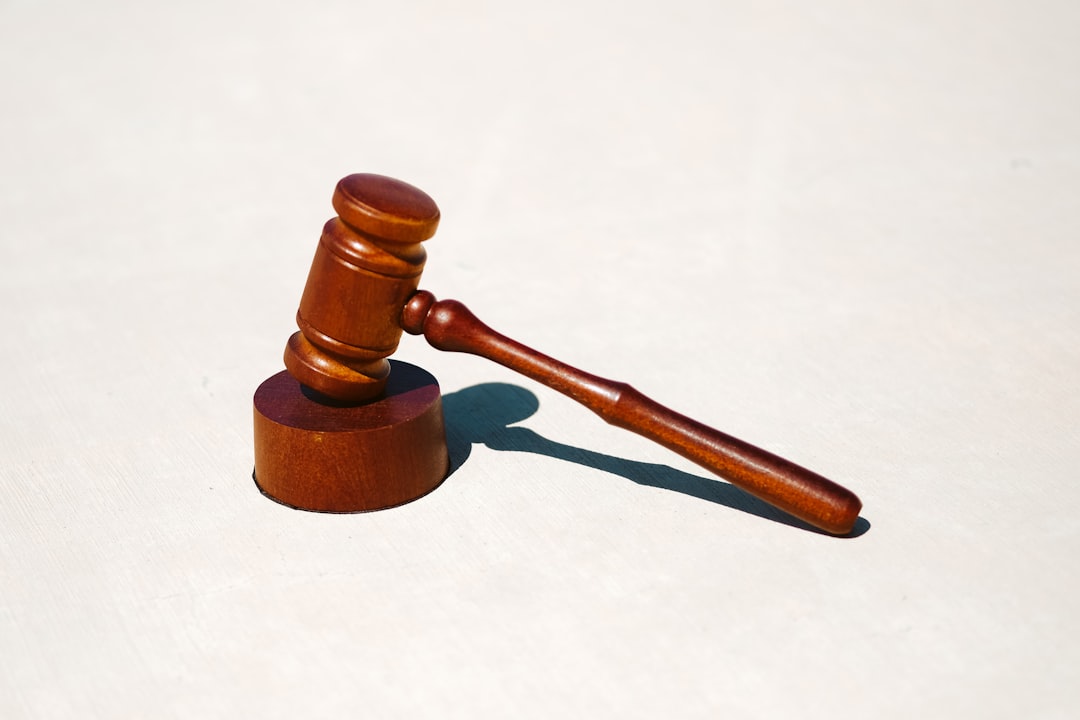West Virginia's debt collector laws WV protect consumers from abusive practices, ensuring fair communication and debt validation. Debtors have rights to dispute debts and limit contact, while collectors must adhere to strict guidelines including respectful language and legal compliance, fostering transparency in the collection process.
Understanding West Virginia debt collection laws is crucial for both debtors and collectors navigating this complex landscape. This article provides a comprehensive overview, delving into key aspects such as the rights of debtors and debt collectors, legal processes, and potential violations and remedies. By exploring these topics, you’ll gain valuable insights into your protections and responsibilities under WV’s debt collection regulations.
Overview of West Virginia Debt Collection Laws
West Virginia has specific laws governing debt collection practices, designed to protect consumers from unfair or aggressive collection tactics. These debt collector laws WV are in place to ensure transparency and fairness throughout the debt collection process. The state’s laws regulate various aspects, including the behavior of debt collectors, the information they can share, and the rights of debtors.
Debt collectors in West Virginia must adhere to strict rules regarding communication with debtors. They are prohibited from using abusive or threatening language, making false statements about the debt, or contacting individuals at inconvenient times. Debtors have the right to request validation of the debt, meaning collectors must provide proof of the amount owed and the original creditor’s information. These regulations aim to uphold the dignity of individuals dealing with debt while also ensuring a fair process for legitimate collection efforts.
Rights of Debtors and Debt Collectors
In West Virginia, both debtors and debt collectors have specific rights and obligations outlined by law. Debtors are protected from abusive or unfair practices, ensuring they receive fair treatment throughout the debt collection process. They have the right to know the amount owed, the name of the creditor, and to dispute any errors in the debt information provided. Additionally, West Virginia law limits the number of times a debt collector can contact a debtor, usually to two per week, ensuring debtors’ peace of mind and minimizing harassment.
On the other hand, debt collectors must adhere to strict guidelines, including obtaining valid debt documentation and providing clear communication. They are prohibited from using abusive language, threatening behavior, or attempting to mislead debtors. Debt collectors in WV should also respect a debtor’s right to legal representation and cannot take certain actions without proper court orders. These laws aim to balance the rights of both parties, fostering a fair and transparent debt collection environment.
Legal Process for Debt Collection in WV
In West Virginia, the legal process for debt collection follows a structured framework governed by state laws and regulations. When a creditor initiates the debt collection process, they must adhere to specific guidelines to ensure compliance. The first step typically involves reviewing the original contract or agreement to determine the terms of repayment and any applicable interest rates. After a debtor defaults on their obligations, the creditor may employ various methods to recover the debt, such as sending demand letters, making phone calls, or even filing legal action in court.
West Virginia debt collection laws empower consumers with certain rights to protect them from unfair or abusive practices. These laws dictate how often and when debt collectors can contact individuals, setting limits on the number of calls per day and requiring collectors to cease communication if requested. Additionally, they mandate transparent and accurate disclosure of the debt amount and the collector’s identity. Understanding these legal processes is crucial for both debtors and creditors to ensure a fair and lawful resolution in West Virginia.
Violations and Remedies for Debt Collectors
In West Virginia, debt collectors must adhere to strict laws designed to protect consumers from aggressive or unfair practices. Violations of these debt collection laws can result in significant remedies for individuals affected. If a debt collector fails to provide proper validation of a debt or uses false or misleading information, the debtor has the right to dispute the claim and may seek damages, including actual and punitive costs.
Additionally, debt collectors are prohibited from engaging in harassing or abusive behavior, such as making repeated calls with the intent to annoy or oppress, using offensive language, or threatening legal action without intent to follow through. Debtors facing such violations can file complaints with the West Virginia Attorney General’s Office, which has authority to investigate and take legal action against debt collectors for non-compliance with state laws.






